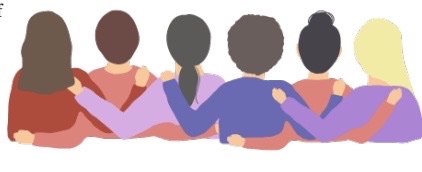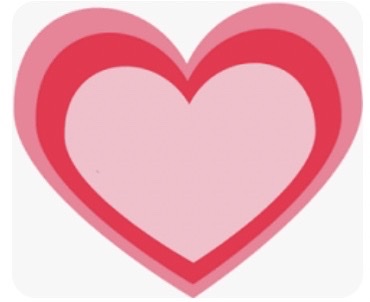How Does Social Media Affect Mental Health?
First you start scrolling through Instagram, then get a Snapchat notification, then find yourself scrolling through TikTok, and before you know it, an hour has passed.
Almost everyone has some sort of social media account whether it is Instagram, Snapchat, TikTok, or any other media platform.
In fact, according to Pew Research Center, 72.3% of Americans use social media, with that number being even higher with teenagers. However, not everyone thinks about the effects of social media on mental health. There are some extremely concerning studies that show some of the dangerous aspects of social media. Having seen some of these dangerous aspects at times, social media has the potential to have a negative impact on mental health.
So how does social media make a negative impact on mental health? The negative impact starts with its addictive nature. Consider some of the features that apps like TikTok and Instagram have. The endless scroll is one of the most notable features.
I can’t even count how many times I’ve sat in my bed, or on my couch for upwards of 30 minutes watching TikTok with no idea how much time had passed. Pair this with the fact that your brain sends dopamine to reward pathways when you receive a like or comment or any other sort of interaction, and social media becomes even more addictive. This dopamine provides nearly instant gratification which seems like a good thing but ultimately is dangerous. Eventually, people become reliant on social media for happiness. As they become more reliant, they become addicted to social media. Psychologists estimate that 5-10% of Americans are addicted to social media. As this addiction begins, the negative effects of social media become a reality.
Admittedly, social media can make you feel good. I’d be lying if I said it doesn’t feel nice to receive a nice comment or like on a post. The problem is when you don’t get that like or comment. Not receiving what you consider good feedback can lead to you starting to compare yourself to others and determining your self-worth based on who views your posts, how many likes you get, and other factors. It doesn’t help that people are oftentimes superficial on social media and only post the best version of themselves. This creates extremely high expectations and unrealistic standards that are often difficult to meet.
Eating disorders, often spurred by a culture of unrealistic beauty standards, aren’t the only negative impact of social media addiction. Increased anxiety and depression are two of the most dangerous impacts of social media. One form of anxiety that social media increases the risk of is fear of missing out. It is often joked about, but it is actually a serious problem that can lead to unhealthy mindsets and toxic behaviors. When people see others having fun without them on social media, they begin to feel left out. This creates anxiety and a decreased self-esteem surrounding social media. Sitting at home and seeing others doing things without you can make you feel extremely lonely. Loneliness is a big link between social media and depression. Internal studies done by Facebook show that 13.5% of teen girls report that social media increases suicidal thoughts. If this is true for teen girls, I would imagine that it is also true for other populations. Social media companies like Facebook care more about making money than they do their user’s mental health. They continue to prioritize their own interests rather than the interests of their users. It seems weird that something as innocent as social media could lead to depression, however, it makes sense. Social media leaves people feeling socially isolated because of the decrease in face-to-face interactions. More time spent behind a screen and less time in person eventually becomes harmful. This is something that I saw firsthand during COVID. Constantly being online and not seeing people took a toll on me.
With all of this being said, I am not saying that social media is all bad. It is a great way to connect with people, share news, grow business, and do many other things. I enjoy looking at social media and seeing some of the interesting things that apps like Facebook, Instagram, Twitter, and Youtube have to offer.
There is no denying the awesome things on social media, yet it is important to recognize some of the negative impacts of social media on mental health. Monitoring and limiting use can help draw out the positives and cut back some of the negatives.








